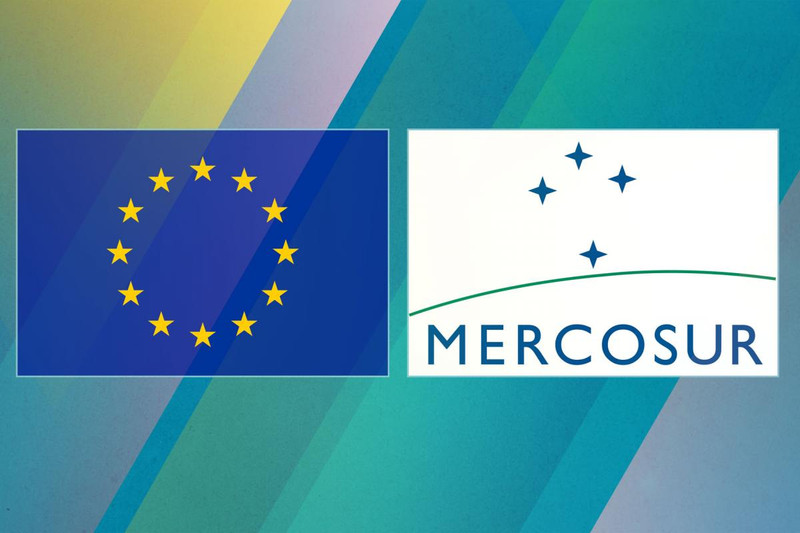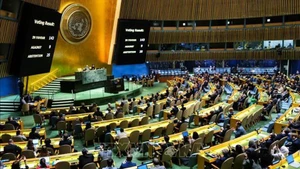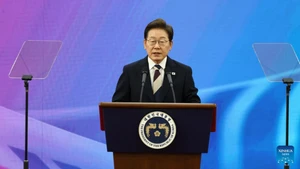Although this is a positive signal, the fact that it took 25 years for both sides to reach a consensus and the ongoing internal disputes within each bloc shows that there are still many challenges ahead in bringing this agreement into effect.
As both large markets, the EU and MERCOSUR are important trade and investment partners for each other. Recognising the clear potential for cooperation, the EU and MERCOSUR initiated FTA negotiations in 1999.
However, this process was delayed multiple times, and numerous disagreements were encountered between the two sides. As a result, it was not until 2019 that the two sides agreed, in principle, with new proposals for tariff reductions.
On the sidelines of the recent MERCOSUR Summit in Montevideo, Uruguay, European Commission President Ursula von der Leyen and the leaders of Argentina, Brazil, Paraguay, and Uruguay officially announced the completion of negotiations on a ground-breaking cooperation agreement between the two blocs.
The EU-MERCOSUR trade pact is expected to create a market of over 700 million people, accounting for approximately 25% of global GDP. According to the agreed terms, the pact will reduce tariff and non-tariff barriers, promoting trade and investment. It will also help enhance both sides’ competitiveness through supply chain diversification and security.
Completing negotiations is a major step forward, but the path to ratify and implement the agreement still faces obstacles. On the EU side, the pact will need majority support in the European Parliament, along with approval from 15 member states representing 65% of the bloc’s population. Some member states, including Germany and Spain, have expressed clear support for the agreement.
MERCOSUR is an export market for many products of these countries, such as automobiles and wine, and is also a source of important minerals. However, some countries, like France and Poland, have long opposed the agreement, citing concerns about environmental and agricultural impacts.
Farmers in many European countries have recently organised protests to prevent the pact’s approval, arguing that it would allow cheap products that do not meet green standards and food safety requirements to enter the EU market. This would create unfair competition and affect European farmers’ income.
For MERCOSUR, the FTA needs approval from the legislative bodies of member countries. The recent welcome of the agreement by MERCOSUR leaders shows positive signals.
MERCOSUR leaders believe the agreement will secure markets for member countries’ exports and increase investment flows into South American nations while strengthening the bloc’s commitment to the Paris Agreement on climate change.
However, analysts predict that each country’s political situation, economic priorities, and environmental commitments could still affect the agreement’s ratification process.
To address those concerns, the European Commission President emphasised that this is a mutually beneficial agreement, bringing practical benefits to businesses and consumers on both sides. According to von der Leyen, the FTA will include measures to protect the products and livelihoods of farmers in EU member states.
On MERCOSUR’s side, Argentine President Javier Milei noted that while neighbouring countries like Chile and Peru have opened up to the world and signed FTAs with leading global trade nations, this bloc has locked itself away. Emphasising that the agreement took more than 20 years to achieve, Milei urged MERCOSUR not to let opportunities slip away.
















